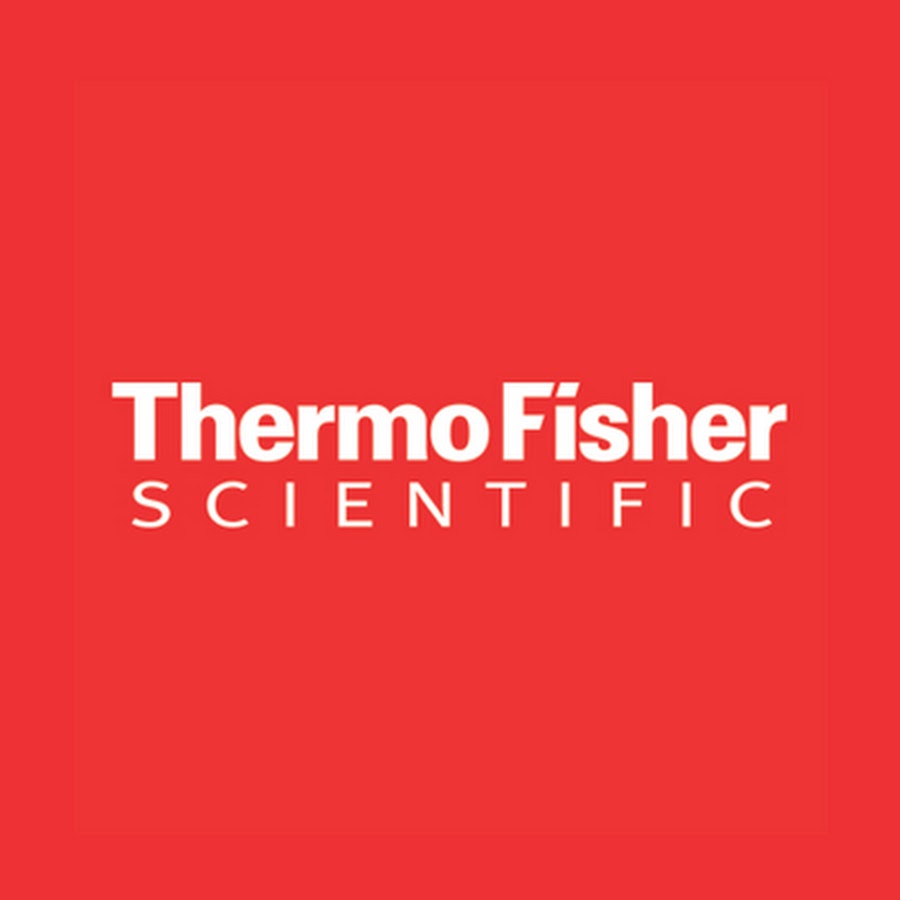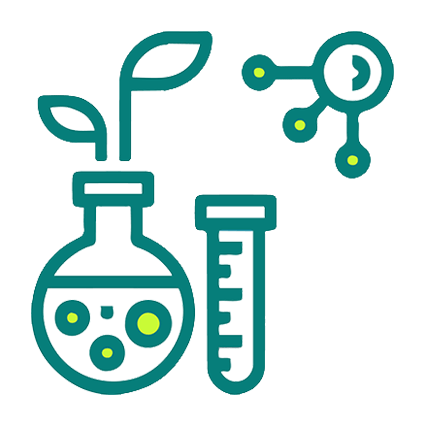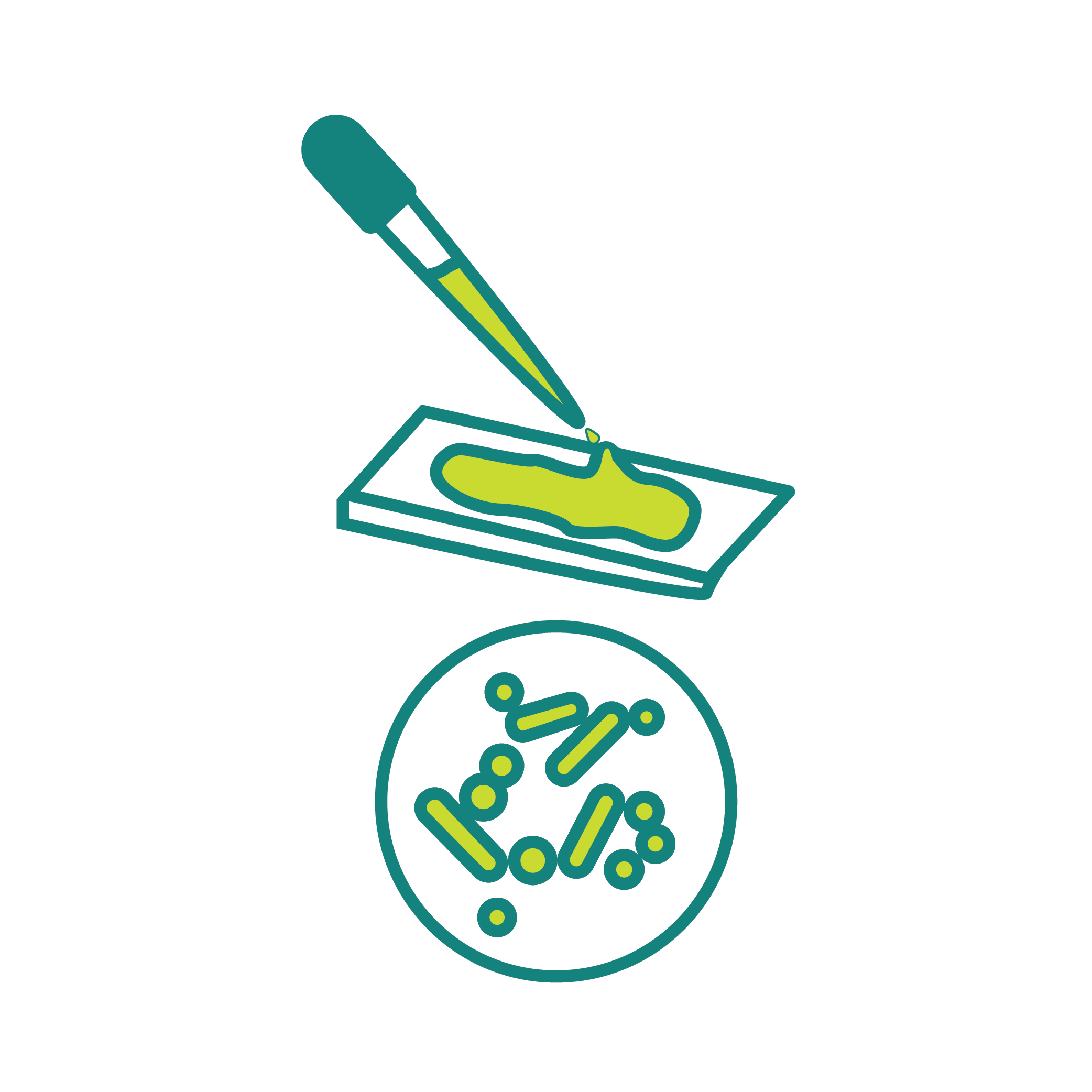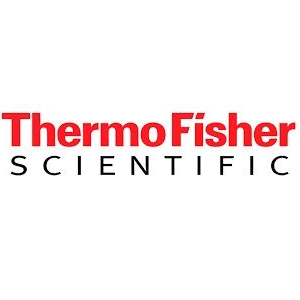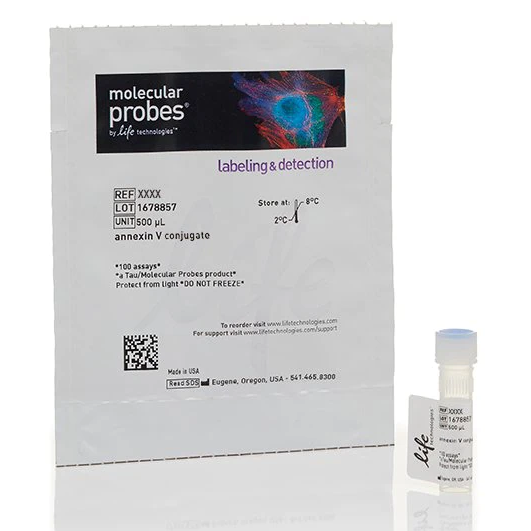Invitrogen™ eZKine™ Th1/Th17 Whole Blood Intracellular Cytokine Kit, Human
On demandInvitrogen™ eZKine™ Th1/Th17 Whole Blood Intracellular Cytokine Kit, Human
This eZKine Th1/Th17 Whole Blood Intracellular Cytokine Kit is designed to rapidly identify cytokine producing T lymphocytes of the Th1 and Th17 lineages after stimulation of whole peripheral blood samples. Stimulation of whole blood in the presence of Protein Transport Inhibitor Cocktail (not included) is followed by red blood cell lysis and fixation in a single step and subsequent permeabilization. Samples are then ready to stain with the Th1/Th17 cocktail and concentration-matched Isotype Control cocktail.
Th1 cells are a CD4+ T cell subset that plays an important role in host defense against intracellular bacteria and viruses. Th1 lineage commitment is controlled by the transcription factor, T-bet, and these cells are a primary source of IFN gamma, which stimulates macrophages, lymphocytes, and PMNs in the destruction of bacterial pathogens. IFN gamma also helps foster the development of cytotoxic lymphocytes (CTL & NK cells) that are responsible for the cell-mediated immune response against viruses and tumor cells. Dysregulation of the Th1 response plays a critical role in many inflammatory and autoimmune diseases.
Th17 cells play a key role in barrier defense against extracellular pathogens such as bacteria and fungi and play a significant role in autoimmune disease. They are defined by their expression of the transcription factor ROR gamma t and the inflammatory cytokine IL-17A. Through their activation and subsequent cytokine production, Th17 trigger pro-inflammatory signaling that promotes neutrophil mobilization and the expression of antimicrobial peptides. Some plasticity between the Th1 and Th17 lineages has been reported. Furthermore, a pathogenic Th17 subpopulation has been described with expression of both IL-17 and IFN gamma, as well as ROR gamma t and T-bet. These cells are implicated in several inflammatory and autoimmune diseases.
MoreThere are no specifications
There are no report
You May Also Like
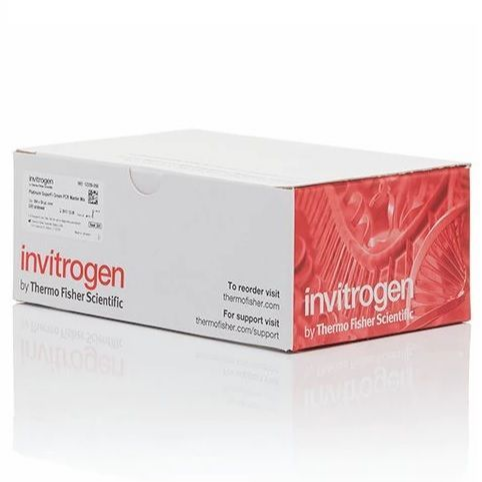
Invitrogen™ eBioscience™ Fixable Viability Dye eFluor™ 506, 100 Tests
$ On demand
On demand
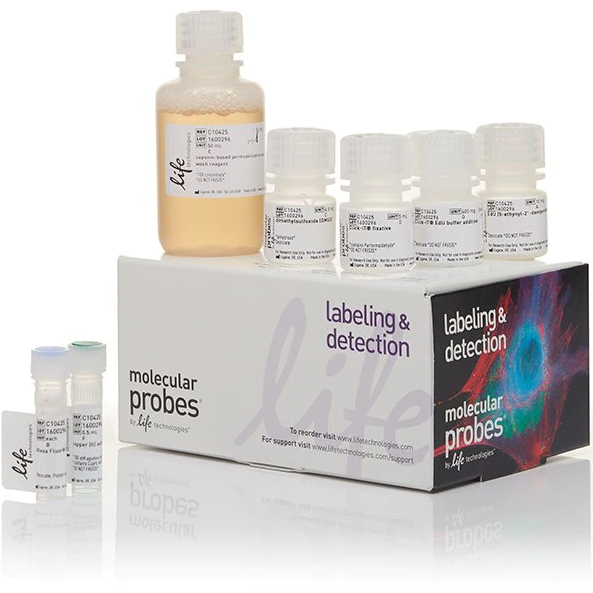
Invitrogen™ Click-iT™ EdU Alexa Fluor™ 488 Flow Cytometry Assay Kit, 50 Assays
$ On demand
On demand
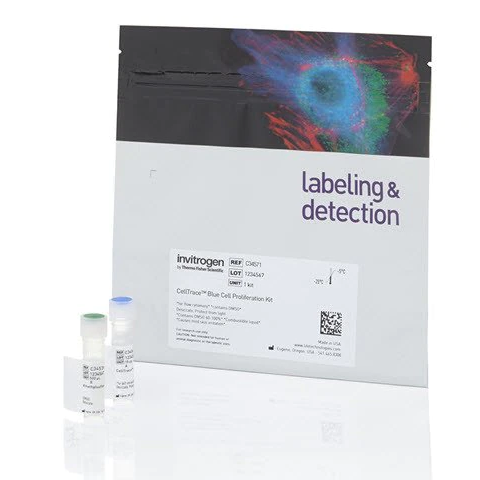
Invitrogen™ CellTrace™ Blue Cell Proliferation Kit, for flow cytometry, 20 Assays
$ On demand
On demand
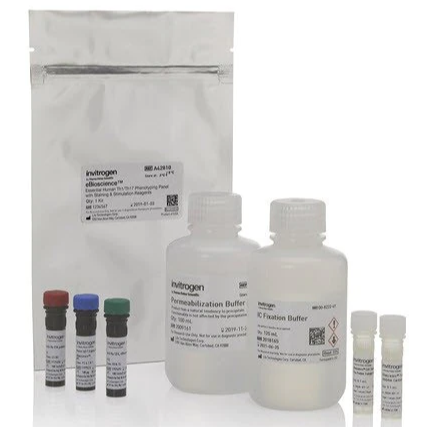
Invitrogen™ eBioscience™ Essential Human Th1/Th17 Phenotyping Panel with Staining & Stimulation Reagents
$ On demand
On demand
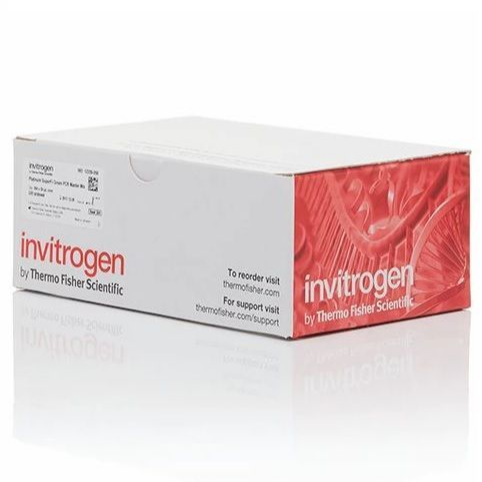
Invitrogen™ eBioscience™ Annexin V Apoptosis Detection Kit, eFluor 450, 7-AAD, 200 Tests
$ On demand
On demand
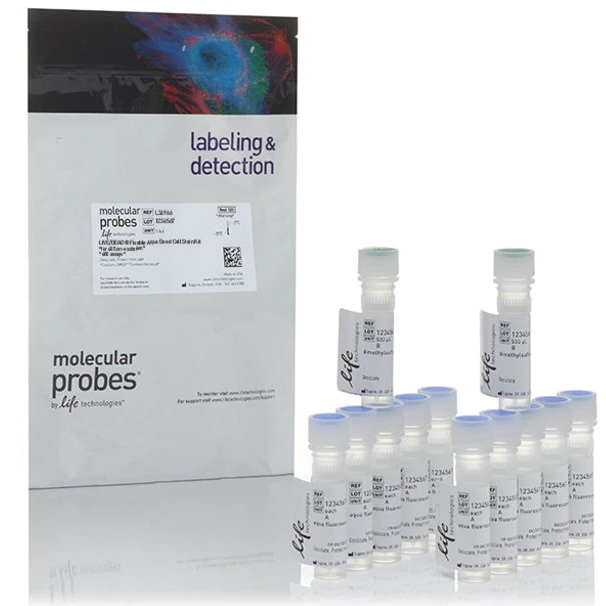
Invitrogen™ LIVE/DEAD™ Fixable Aqua Dead Cell Stain Kit, for 405 nm excitation, 400 Assays
$ On demand



